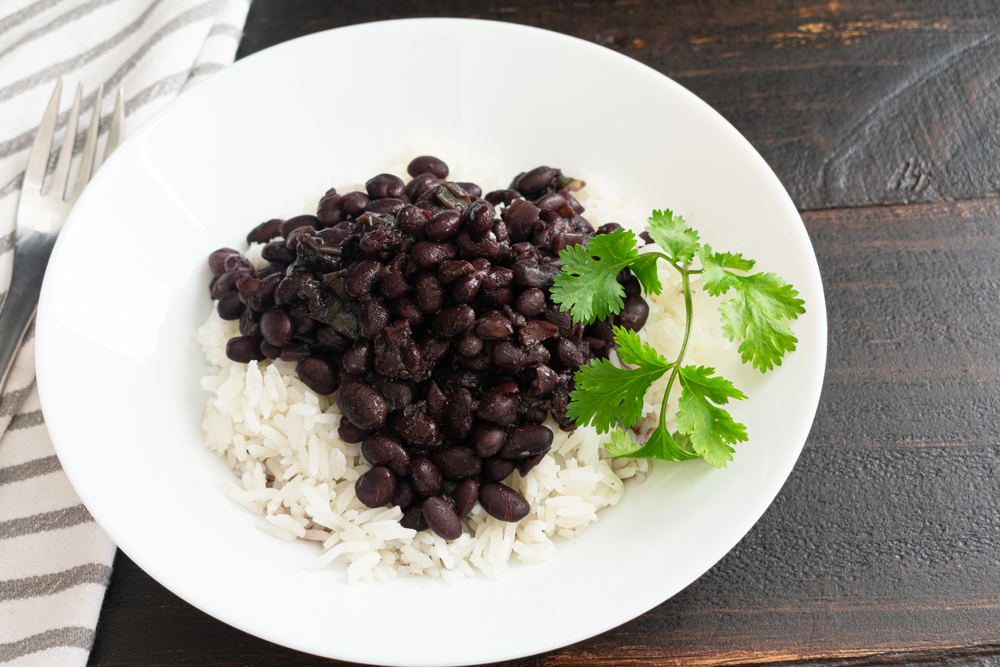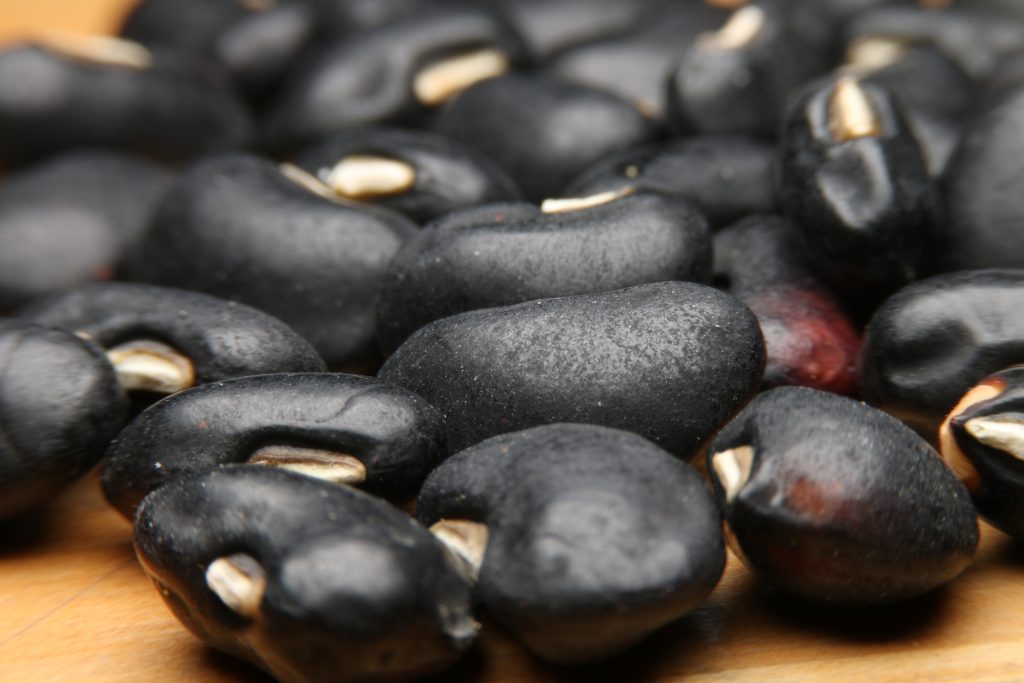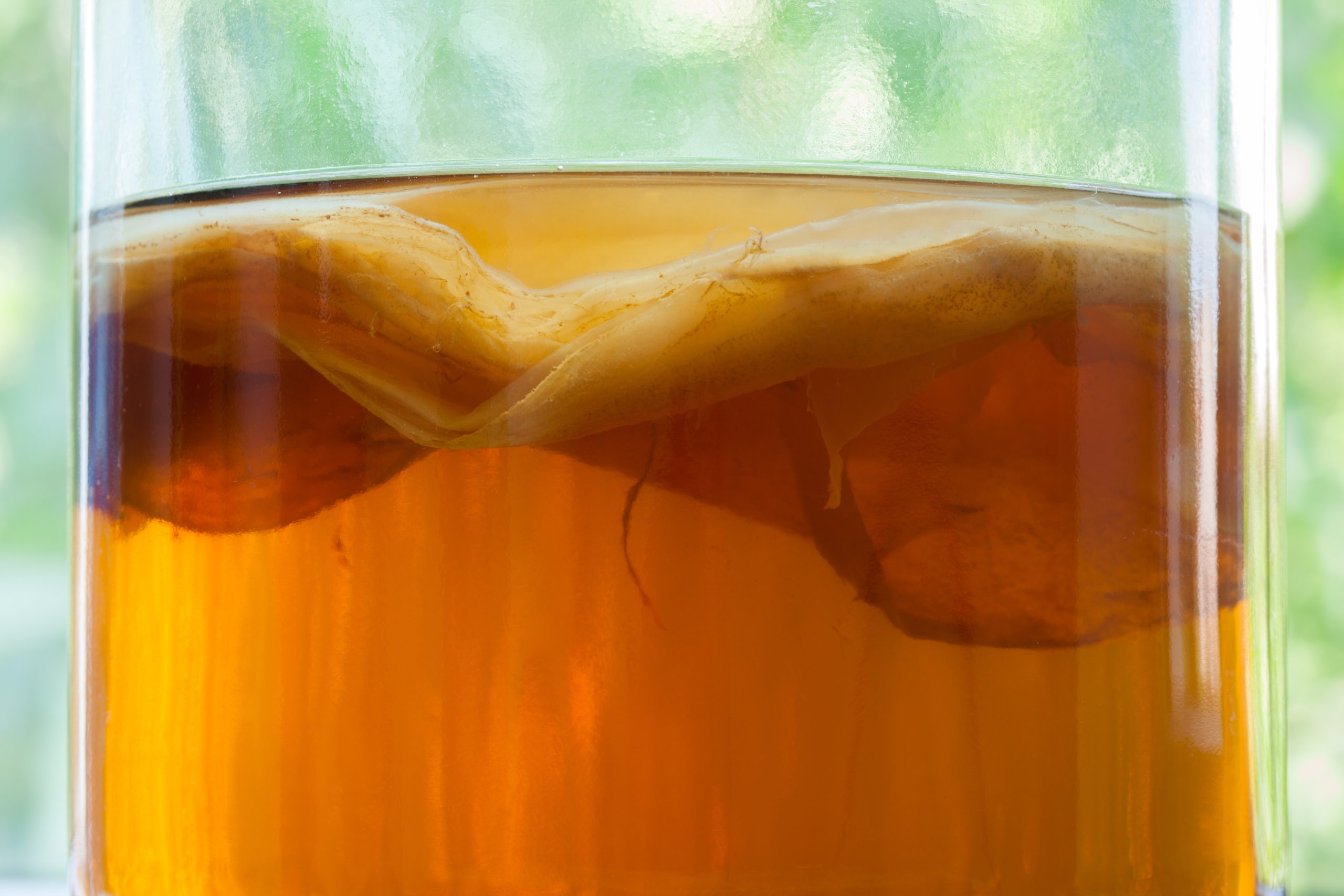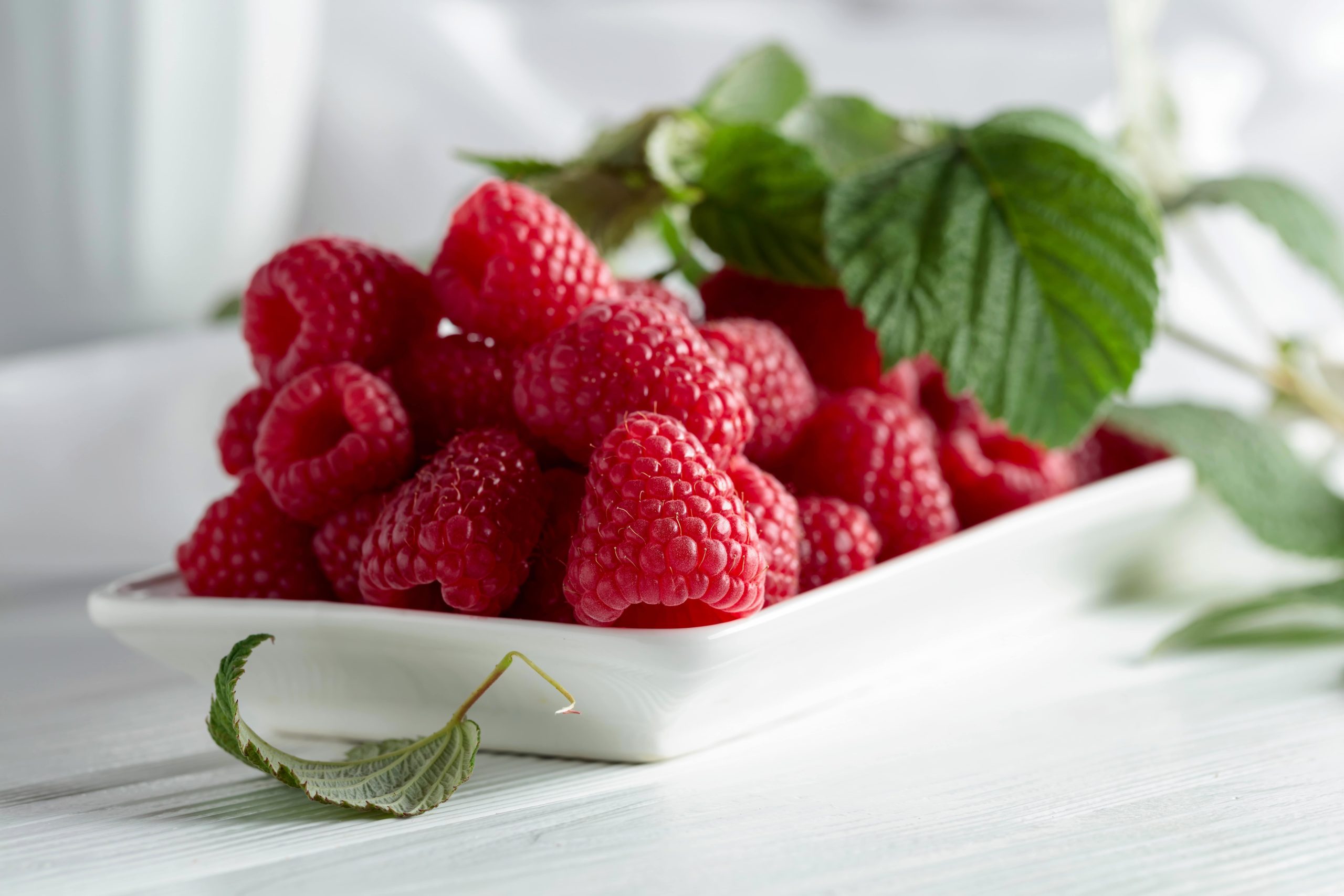Black beans are almost an indispensable element of Latin American cuisine. They are particularly popular in Mexico and Brazil. The beans are added to soups, used as a garnish to meat and fish dishes, on their own or together with other vegetables, and as a filling for baked goods and pâtés. They go best with onions, garlic, and oregano. But there are also more exotic options. In Cuba, for instance, they are a must ingredient in fruit salads. And in Guatemala, black bean kernels are glazed with bitter chocolate.
We are not sure if you will use black beans as a dessert, but you will probably want to incorporate them into your diet for a long and healthy life like the centenarians in the Blue Zones areas.
Black beans – Nutrition facts

Black beans have a very high energy value, a great amount of protein, a very small fat content, and high carbs. A small amount of sugar and a good amount of fibre. Also, black beans have a low glycemic index, which is good for blood glucose levels. Black beans contain a medium amount of iron and potassium and a very good amount of vitamin B9.


Black beans – Good news

Like other legumes, black beans are valued for their high protein and fibre content.
1Can help control blood sugar levels
The antioxidants and fibre in black beans can help control blood sugar levels. The anthocyanidin content increases insulin sensitivity, meaning it improves the cells’ response to the hormone insulin. This can lead to lower blood sugar levels after a meal.
Anthocyanidins also can inhibit the activity of alpha-amylase, maltase, and sucrase – three enzymes that support carbohydrate digestion, helping to lower blood sugar levels after meals.
The fibre content in black beans can improve the glycaemic index (GI) of the meal. The GI measures how much food raises blood sugar levels. Black beans have a low GI, which means that they cause a small and sustained rise in blood sugar.
This is because bean fibre increases stool volume and transit time through the intestine, ensuring slow absorption of glucose. In addition, fibre slows down the rate of digestion, which further slows down the release of glucose into the bloodstream.
2Help new life begin
Vitamin B9 (folate, folic acid), which black beans are rich in, helps to form the genetic material of male sperm cells correctly. This means that a man cannot conceive a baby without them. Also, vitamin B9 is involved in the formation of the embryo’s neural tube. It is essential in the first trimester of pregnancy in order to carry a healthy baby. You can get 111% of the daily requirement of vitamin B9 from 100g of black beans.
3Promote healthy digestion
Thanks to their fibre content, black beans help prevent constipation and promote a regular healthy digestive tract. They also serve as fuel for beneficial bacteria in the colon.

4Benefit your nervous system
Black beans provide the brain with essential amino acids, vitamins, and minerals. Folic acid contained in black beans is beneficial not only for pregnant women but also for maintaining a healthy nervous system and cognitive functions. Folic acid plays an important role in the regulation of specific amino acids required by the nervous system. When the body is deficient in amino acids, there is a risk of developing Alzheimer’s and Parkinson’s diseases.
5Promote heart health
Adding black beans to your diet can help lower blood cholesterol and blood pressure. For example, the saponin compounds in black beans act as antioxidants with cholesterol-lowering properties. The fibre in beans can also help lower total cholesterol and triglycerides (the most common fats in food and in the human body, are molecules consisting of glycerol and fatty acids, which can be classified as saturated, monounsaturated and unsaturated).
Studies show that for every 10 grams of fibre consumed, the risk of cardiovascular mortality can be reduced by 23%. Also, the results of the meta-analysis clearly show that high dietary fibre intake is associated with low all-cause mortality and mortality from cardiovascular and coronary heart disease and other inflammatory diseases.
 Source: NAJMS
Source: NAJMS6Help to lose weight
Dietary fibre is widely recognised as an important factor in weight loss and weight management, as it acts as a bulking agent in the digestive system. Foods high in fibre increase satiety after a meal and reduce appetite, allowing a person to feel fuller for longer, thereby reducing overall calorie intake.
7A real gemstone for vegetarians
The protein composition of black beans is as close as possible to that of animals, a real blessing for vegetarians. Thanks to black beans, vegetarians can enjoy a nutritious diet and get the micro-nutrients, vitamins and antioxidants the human body needs.
Black beans – Not-so-good news

Like most legumes, black beans contain compounds known as anti-nutrients. They have been given this name due to the fact that they interfere with the digestion and absorption of minerals.
Let’s see what anti-nutrients found in black beans include:
Lectins resist digestion and may alter intestinal function.
Protease inhibitors interfere with legume digestion.
Tannins inhibit iron absorption and have a negative effect on iron reserves.
Phytic acid inhibits the absorption of calcium, iron and zinc and reduces the bioavailability of the protein.
Cooking conveniently reduces the content of anti-nutrients in beans. For example, soaking and boiling the beans effectively reduces their anti-nutritional content. Germination and fermentation can also help significantly.
Fun & curious facts about black beans
Black beans should never be eaten without prior preparation. The plant is like a sponge and soaks up mineral compounds, including heavy metal salts from the ground. So, before frying, roasting or stewing the beans, they should first be soaked in cool water for 8-10 hours and then boiled.
Black beans in the Blue Zones
Beans are a staple food in most Blue Zones areas. Black beans promote longevity and reduce the risks of many diseases. In particular, black beans are a regular part of the daily diet of long-livers on the island of Ikaria in Greece.
Let’s sum black beans up

Black beans are a versatile and widely available food that has many health benefits. They are an excellent source of plant-based protein, fibre, and antioxidants, which help to regulate blood pressure and blood sugar levels. Consuming black beans is essential for individuals who are trying to conceive a baby or are pregnant, as they provide the necessary nutrients for a healthy pregnancy. Additionally, black beans promote a healthy heart and good digestion and are a great food for weight loss. For those who follow a vegetarian or vegan diet, black beans are an ideal source of protein and nutrients.
Not enough? Here is more!
The YouTube channel Health and Nutrition presents an informative video about the intriguing advantages that black beans offer for our health.
Receive Exclusive Tips & Weekly Digest – subscribe to our newsletter








